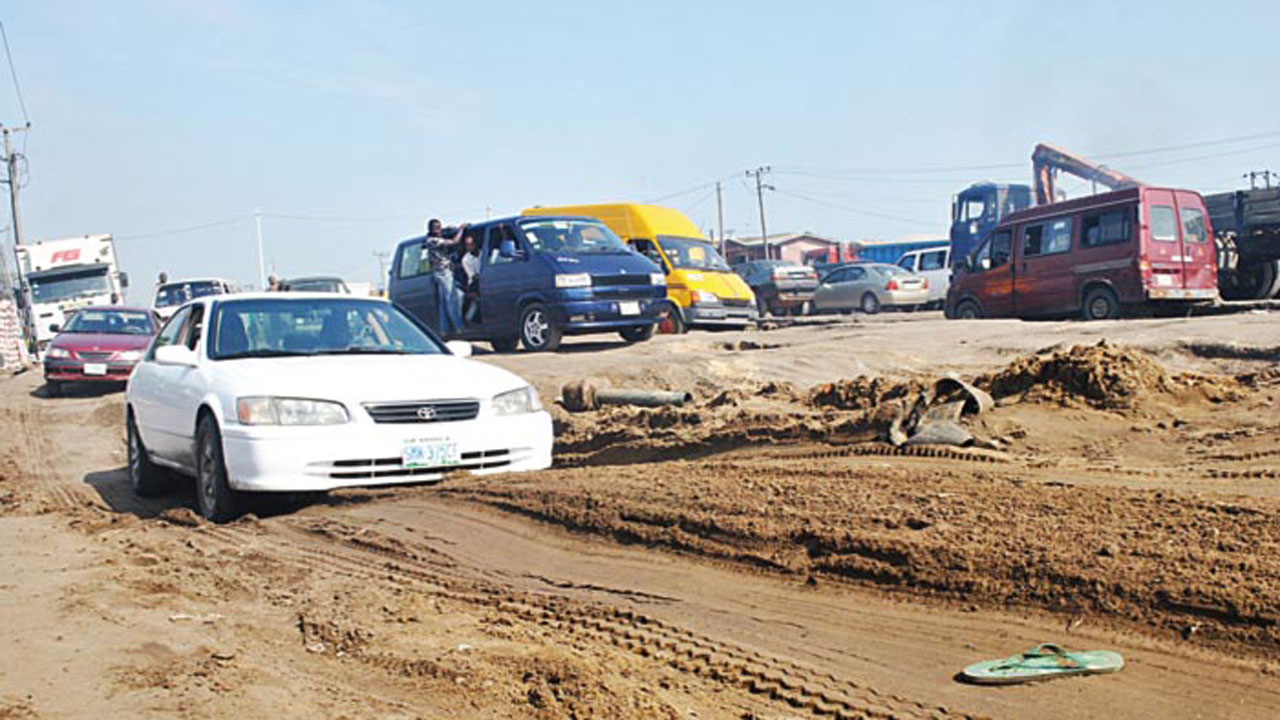The plight of motorists on Lagos-Badagry Expressway is a sad illustration of the agony, pains and tears experienced by Nigerians on roads in their beloved country. The road networks suffer from insufficient funding caused by a persistent failure to implement the necessary reforms proffered by experts for over 60 years. Consequently, the road is the only transport mode without its own semi-autonomous agency for management. This policy hiatus prevents the harnessing of revenue from road-user contributions and thus slows down road projects in the most populous black nation on earth.
The other transport modes are able to achieve greater success on capital projects because they have boards and are not being hampered by the sluggish pace of bureaucracy and the horse-trading tactics in the legislature where values are allocated for critical infrastructure. This trend has been compounded by the power elite’s penchant for flying over the roads. So they don’t see them – even as a source of reproach for democracy, their democracy. This is very unfortunate.
The Lagos-Badagry Expressway was initially conceived and constructed by the Military Government of Lagos State, under Mobolaji Johnson, as one of the State’s projects in the 1974-1980 National Development Plan. The unitary military government allowed the involvement of the Federal Government such that the Murtala Mohammed/Olusegun Obasanjo administration keyed into the project and extended the road into the territory of Benin Republic. Given its strategic importance for the integration of ECOWAS Region, the road was absorbed into the federal networks. It was also listed as one the Trans-African Highways conceived during Adebayo Adedeji’s tenure as Secretary-General of the United Nations Economic Commission for Africa (ECA).
As there has been no executive will to establish a federal roads authority or review the classification of roads, in this regard, state governments have made proposals to rehabilitate and improve some segments of federal roads within their states. In this vein, Lagos State conceived, planned and designed a three-phase reconstruction of the 64-kilometre road from Iganmu to Seme Border; to be spread over a period of seven years. The first phase from Iganmu to Mile 2 Interchange was awarded to Julius Berger Nigeria and was completed on schedule. The second phase to Okokomaiko was awarded to a Chinese construction company, with provision for a light rail and Bus Rapid Transit (BRT) lanes. Segments of this second phase have been completed but not yet opened for use. On account of […]
